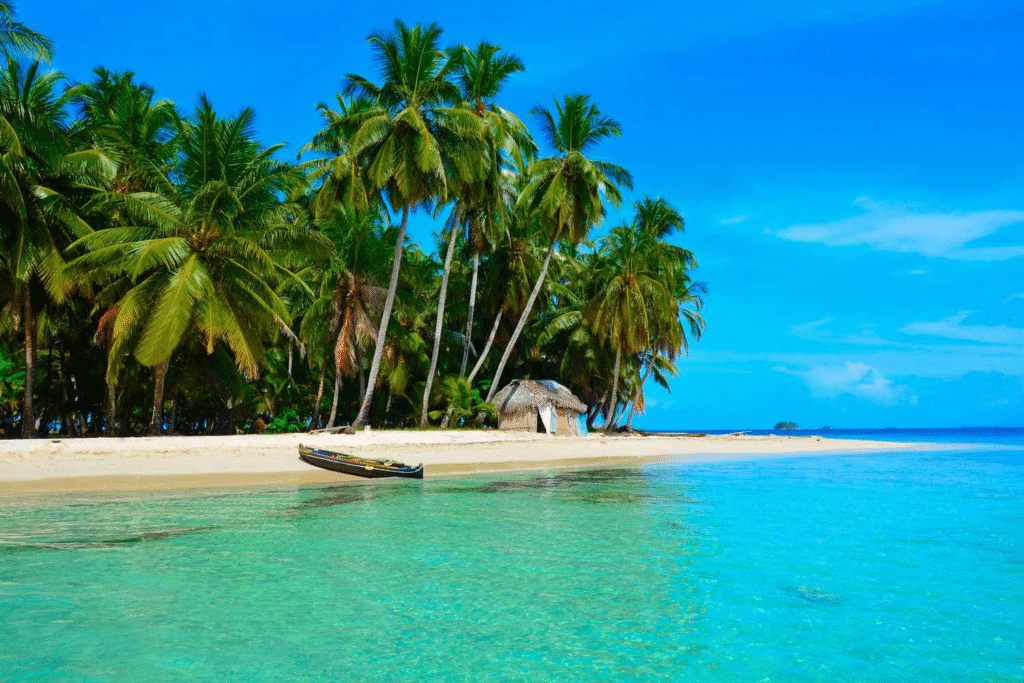Sustainable Travel News Insights
The global travel industry is at a turning point. Increasing awareness about environmental responsibility and cultural preservation has reshaped how destinations, airlines, and hospitality groups operate. No longer is sustainability a niche pursuit; it has become central to long-term travel strategies. Sustainable Travel Insights now serve as guiding principles, shaping policies, itineraries, and consumer choices across continents.

Eco Friendly Updates
Every month, a wave of Eco Friendly Updates transforms the way travelers interact with the world. Airlines are investing heavily in alternative fuels such as biofuels and hydrogen-powered engines, striving to reduce carbon emissions at scale. Meanwhile, hotels are adopting green architecture—rooftop solar panels, rainwater harvesting, and waste-to-energy systems—to lessen their environmental footprint.
In destinations where over-tourism once strained ecosystems, governments are now enforcing visitor caps and encouraging slower, more immersive journeys. This reconfiguration not only protects fragile environments but also heightens the authenticity of the travel experience. For example, national parks in Asia and Africa now limit daily entries, ensuring that wildlife and landscapes retain their natural balance.
Green Travel News
Green Travel News consistently reveals how innovative technology is accelerating sustainability goals. Smart transportation systems in major cities are integrating electric buses and ride-sharing programs, cutting both traffic congestion and pollution. Mobile applications now guide eco-conscious tourists toward low-impact activities, ethical dining options, and community-driven tours.
Cruise lines, often criticized for their environmental impact, are also shifting course. Hybrid ships powered by LNG and solar energy are setting sail, accompanied by stricter waste management systems onboard. These developments are not symbolic gestures but essential adjustments designed to preserve marine ecosystems and coastal communities.
Equally important, airlines are reimagining passenger services. Digital boarding passes, reduced single-use plastics, and carbon offset programs are steadily becoming industry norms. This alignment between operational efficiency and ecological responsibility showcases the collective momentum toward responsible travel.
Responsible Tourism Trends
Understanding Responsible Tourism Trends requires looking beyond infrastructure. It involves cultural sensitivity, equitable economic distribution, and a commitment to local communities. Travelers are increasingly drawn to experiences that celebrate authenticity—craft workshops, indigenous-led tours, and farm-to-table dining. These engagements inject resources directly into local economies, creating sustainable benefits rather than fleeting transactions.
Destination marketing organizations are also recalibrating their messaging. Rather than promoting unchecked mass tourism, they now emphasize respect for traditions, protection of heritage sites, and environmental stewardship. Campaigns focus on education as much as enticement, encouraging travelers to leave destinations better than they found them.
Even luxury travel has adopted a greener ethos. High-end resorts are integrating permaculture gardens, sourcing locally produced materials, and offering curated experiences that honor the environment. Luxury is no longer synonymous with excess; it now includes exclusivity with responsibility.
Shifts in Traveler Behavior
The rise of Sustainable Travel Insights reflects a profound change in consumer expectations. Modern travelers want more than leisure—they want their journeys to align with personal values. Surveys consistently show that younger demographics, particularly millennials and Gen Z, prioritize eco-conscious options when selecting flights, accommodations, and excursions.
This shift has spurred innovation in eco-certifications and third-party verifications. Badges of credibility help travelers identify which businesses are truly committed to sustainable practices. Transparency, once optional, is now indispensable.
Challenges in the Green Transition
While Eco Friendly Updates and Green Travel News highlight remarkable progress, challenges remain. The cost of implementing sustainable systems often deters smaller businesses. Furthermore, greenwashing—where companies exaggerate their eco-efforts—creates confusion and skepticism among travelers.
Infrastructure in developing regions also lags behind, making it difficult to standardize sustainable practices globally. To address these hurdles, public-private partnerships are emerging, channeling funds and expertise into vulnerable regions that need both protection and opportunity.
The Road Ahead
The trajectory of Responsible Tourism Trends suggests that sustainability will only deepen its influence on the travel industry. Digital platforms will continue to educate, inspire, and hold companies accountable. Destinations will measure success not merely in visitor numbers but in ecological resilience and cultural preservation.
Ultimately, Sustainable Travel Insights point toward a more conscious future where exploration and preservation coexist harmoniously. By staying attuned to Eco Friendly Updates, following Green Travel News, and embracing Responsible Tourism Trends, both travelers and industry leaders can ensure that the joy of discovery endures for generations to come.
The path forward is clear: travel not just to see the world, but to sustain it.





